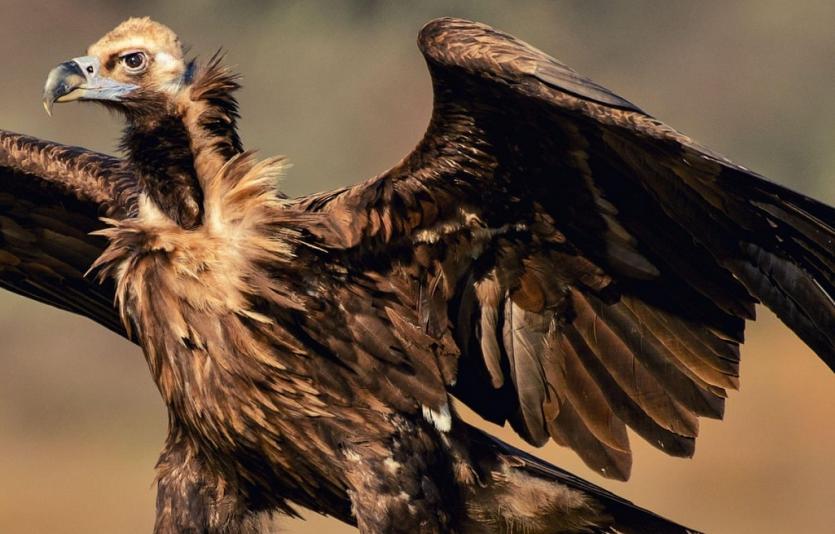A cinereous vulture was confirmed to have been killed by the drug, which also threatens eagles. Photo:Alamy
By Patryk Krych | The World Daily | APRIL 11th 2021
The death of a rare species of vulture in Spain led to an investigation that confirmed the bird’s passing was caused by a livestock drug diclofenac – a death which scientists and activists alike fear may only be the beginning of a larger problem.
Diclofenac, an anti-inflammatory drug that’s recently been approved for use on livestock, was the cause of death for a vulture in Spain. The substance was approved for use all across Europe, Spain included, despite having seen bans in India, Nepal, Bangladesh and Pakistan for this exact lethal effect it’s been known to have on vultures.
“This is a hugely worrying development,” said John Mallord from the Royal Society for the Protection of Birds. “You can have several vultures feeding on a single cattle carcass, and if it is contaminated with the drug, you will kill them all just from a single feeding. This has probably been happening for some time, with many other vultures having died.”
The approvals occurred throughout Europe through strong arguments from pharmaceutical companies, farmers and drug regulators that due to the differing methods of carcass disposal in Europe, no harm would come to the vultures.
“That claim has now been shown to be wrong,” Mallord added, referring to the case in Spain. “A young cinereous vulture in the Boumort National Hunting Reserve in Spain has been confirmed to have died of diclofenac poisoning.”
The primary use of the drug is to help manage pain associated with different arthritis conditions – still commonly used to treat such pains among humans. There is no harm in the drug when used this way, with even India (who banned the use of the drug on livestock in 2006) occasionally allowing it to be prescribed for arthritis treatment.
“The vast majority of Europe’s vultures are found in Spain,” said Mallord.
He further added: “We were told there was no threat to them from diclofenac. Now we have found clear evidence that shows this is not the case. Given that there are perfectly good, safe alternatives to the drug that could be used on cattle, it is time that the veterinary use of diclofenac is banned in Europe as a matter of urgency.”






